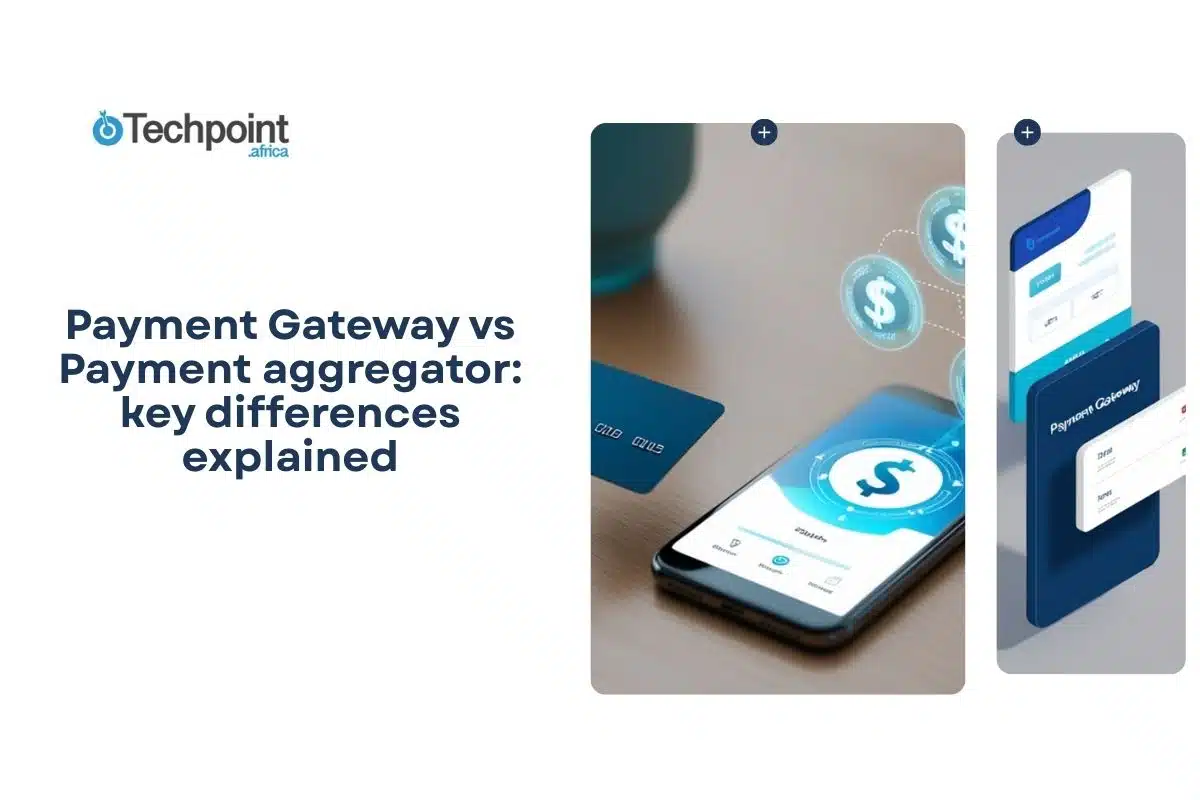The Central Bank of Nigeria (CBN) has rolled out a raft of policy decisions that are reshaping agency banking operations in the country. The most recent are new guidelines that consolidate existing rules into a single document while introducing new ones that could fundamentally alter the market structure of agent banking in Nigeria.
Among these rules, the most impactful and controversial is what is now being widely referred to as the exclusivity clause. According to the guidelines, effective from April 1, 2026, POS agents will only be allowed to work with one principal and one super agent at a time. Switching from one principal or super agent to another will only be permissible at the expiration of an existing contract.
The CBN defines a principal as a deposit-taking financial institution authorised to carry out agent banking services. A super agent, on the other hand, is a licensed entity permitted to manage a network of agents on behalf of one or more principals. Super agents often provide infrastructure, branding, and compliance oversight.
While the exclusivity clause has yet to come into effect, it is already causing serious concern among stakeholders, particularly among POS agents, some of whom describe the rule as a death sentence to their business.
How the rule impacts POS agents
A significant number of Nigeria’s POS agents already operate with thin margins. Many rely on working with multiple terminals from different providers to maintain uptime, manage risk, and maximise income. This flexibility allows them to process transactions even when one provider’s service is down.
For these agents, the new rule could further erode their income. With transaction limits already capping how much they can make per deposit or withdrawal, a drop in transaction volumes — which many expect once exclusivity kicks in — would reduce their overall commissions.
Currently, the average commission for an agent transaction is about 0.3%, capped at ₦18 – ₦20. Compare that with merchant transactions, which are charged at about 1%, capped at ₦1,500 – ₦2,000, and you start to see just how slim the margins are for POS agents.
An industry expert who spoke to Techpoint Africa on condition of anonymity explained.
“Agents will now be restricted to working with only one super agent at a time, which fundamentally alters the current model. They used to have terminals from multiple providers to ensure uptime and flexibility. The likely outcome is a consolidation around the super agent with the highest transaction uptime.”

Victoria Fakiya – Senior Writer
Techpoint Digest
Stop struggling to find your tech career path
Discover in-demand tech skills and build a standout portfolio in this FREE 5-day email course
Uptime becomes a competitive advantage
For most agents, choosing a super agent or principal is driven by one main factor: uptime, which is the percentage of time a provider’s service is available and fully operational. High uptime means transactions go through quickly and reliably, which helps keep customers happy and builds the agent’s reputation.
Over the years, major players like OPay, PalmPay, and Moniepoint have invested heavily in improving uptime and infrastructure, cementing their dominance in the space. However, if agents are now forced to stick with only one terminal, the stakes are higher.
Still, uptime alone won’t be enough. With exclusivity in play, the competitive dynamics shift. Super agents will be under more pressure to offer tangible value. To stay attractive, they may have to offer better commissions, lower onboarding costs, access to working capital or short-term loans, and stronger customer support for agents.
Is the agent banking business dying?
Beyond regulation, there’s a broader behavioural shift that may be quietly undermining the agent banking business model.
Increasingly, customers are opting to make withdrawals by transfer rather than using cards. It’s faster, often more reliable, and doesn’t require physical contact or a terminal. As long as the customer has a bank account and mobile access, a card is no longer essential.
This shift is changing how agents operate. Many now allow customers to send transfers directly to personal bank accounts rather than through registered agent terminals. While this may work for small, local transactions, it has major implications for the sector as a whole.

First, it erodes the relevance of POS terminals, which are the backbone of the agent banking model. If fewer transactions are going through the terminals, then agents have less incentive to remain within the formal system tied to super agents and principals. That, in turn, makes it harder for fintechs and banks to track activity, assess performance, and provide support.
Second, this behaviour weakens regulatory visibility. Transactions conducted outside of agent terminals are more difficult to monitor. They may bypass standard reporting channels or fail to comply with KYC and AML requirements, potentially increasing the risk of fraud, money laundering, or other abuses.
Lastly, this trend also depresses income for the agents and the platforms supporting them. Transfers done via personal accounts typically don’t come with the same processing fees or commission structures.
In this context, CBN’s exclusivity clause may not just limit agent flexibility. It may also accelerate disillusionment with the formal agent banking system altogether.
A sector headed for consolidation?
The combined impact of the exclusivity clause, evolving consumer payment behaviour, and tightening compliance rules is likely to push Nigeria’s agent banking sector toward consolidation.
Established players with deep pockets and robust infrastructure are well-positioned to consolidate their lead. Their superior uptime, wide agent networks, and growing suite of value-added services make them attractive partners for agents who are now forced to pick a side.
Smaller players, on the other hand, may struggle to keep up. Without the ability to share agents or gradually onboard new ones, they face steeper customer acquisition costs and longer conversion cycles. Many will likely exit the agent banking space altogether, shift focus to niche verticals, or merge with larger players to survive.
Meanwhile, newer entrants face an uphill battle. Not only must they build technology that outperforms incumbents, they must also find ways to convince agents — locked into existing contracts — to switch providers once eligible. With compliance costs rising and growth options narrowing, these startups may rethink their entire business case.
While agents may benefit in the short term from increased attention and incentives from the big players, the long-term risk is that of limited choice. A market dominated by a few super agents could reduce agent bargaining power, lower service innovation, and entrench monopolistic behaviour.











